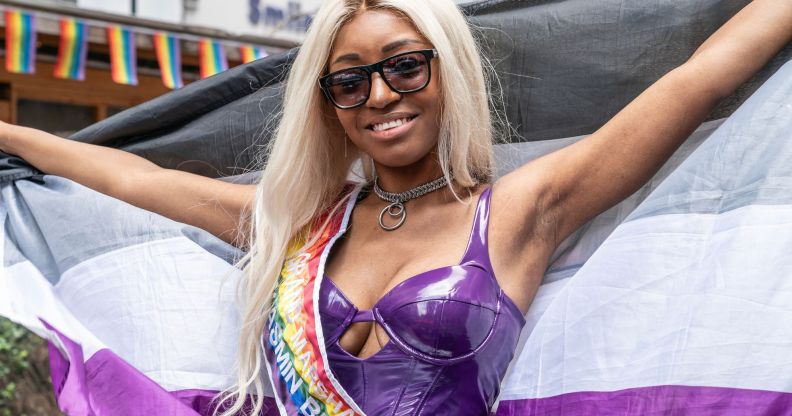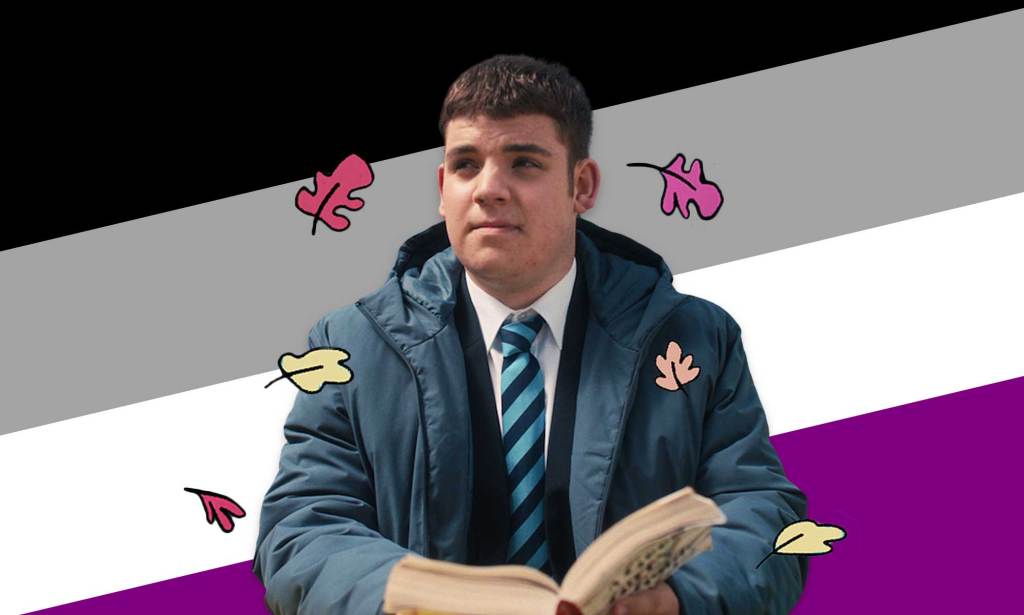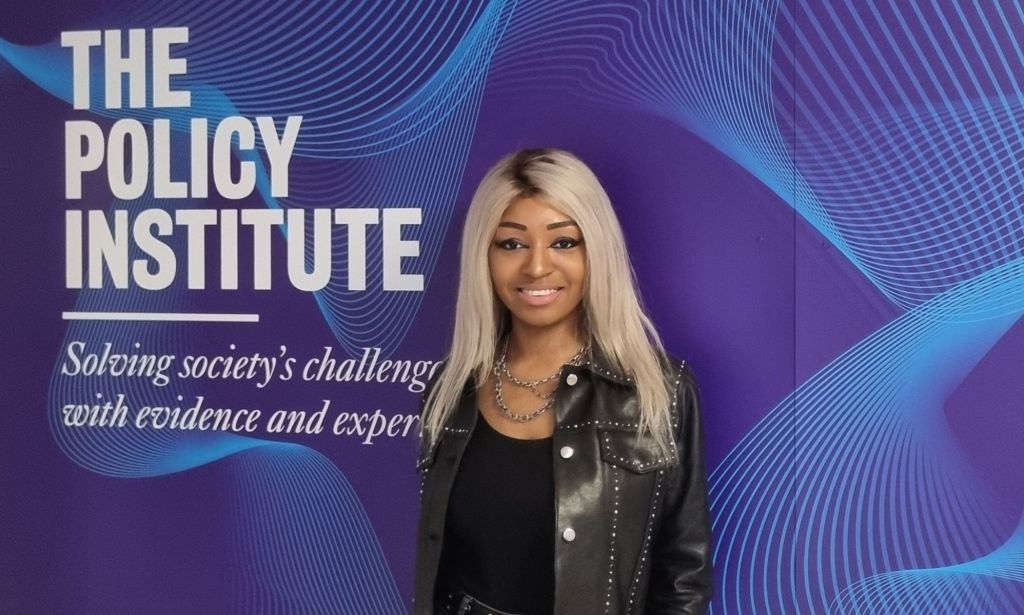Almost 1 in 3 Brits think asexual people can be ‘cured’, study suggests

Asexual activist Yasmin Benoit. (Getty)
Asexual activist Yasmin Benoit. (Getty)
New research suggests that close to a third of people in the UK think asexuality can be “cured”, while one in every four see it as a mental-health problem.
The experimental study, published on Friday (7 February) by researchers at King’s College London (KCL), in association with asexual activist and model Yasmin Benoit, also showed that 42 per cent of respondents believed asexual people can’t identify as such if they have sex.
Asexuality is an umbrella term that refers to people who lack or find it difficult to experience sexual attraction towards others. The identity can mean different things to different people.
The survey, which collated the thoughts of 400 people in England, suggests that misconceptions around asexuality are widespread across the UK.
It showed that 26 per cent of those surveyed believed asexual people simply haven’t met the right person, while 11 per cent hold the notion that asexual people don’t even exist.

Benoit, a visiting research fellow at KCL’s policy institute, said that acephobia – discrimination, prejudice and negative attitudes towards asexual people – isn’t taken seriously in the UK, and isn’t a protected characteristic.
Speaking to PinkNews, she said that while the researchers were shocked by the results, she wasn’t too surprised.
“The reason we chose the specific methodology of the double-list experiment is because it’s supposed to decrease [the] social desirability bias you get when you ask people questions,” she said. “They want to give you the most appealing answer, they don’t want to accidentally say anything offensive.
“What was interesting is that nobody cared about not saying anything offensive.”
‘Lots of gaps’ in asexual research
The study concluded that there was “no sign” of social desirability bias in people’s attitudes towards asexuality. Rather, the results suggested that “many people do not view anti-asexual beliefs as socially unacceptable”.
Benoit, who has been subjected to bigotry for identifying as asexual, added that respondents had shown inconsistent views on asexuality. “The same people in the sample saying encouraging things like: ‘Yeah, I think asexual people should be protected’, said, in the same breath, acephobic things.

“I think you get that with other marginalised groups. I’ve never met a racist person but I’ve experienced racism because they would never say they were racist, but still do the racist thing. They don’t go around saying: ‘Hey, I’m homophobic. Hey, I’m transphobic’.”
A professor of public policy at King’s, Michael Sanders, said the research was the “first we’re aware of” that uses the double-list experiment methodology to highlight the UK public’s views on asexuality’, adding: “The findings are troubling, both in that many people hold misconceptions about asexuality, and that they are happy voicing discriminatory views – at a greater rate than for other groups.”
Benoit believes that comprehensive research into asexuality is the first step towards implementing equal policies, such as it becoming a protected characteristic.
“There’s a lot of gaps in a lot of different areas,” she said. “When I say asexual representation, I think everyone’s just like: ‘Oh, you mean in a TV show or something’. No, we also mean legislation because you don’t have, and you can’t campaign for, that without being able to reference something.
“You need field research because that’s what everyone asks for. They don’t ask for a podcast. They ask for a paper. I’m glad I can now, when I’m speaking to politicians, [say]: ‘Here’s some research into the phenomenon I’m talking about. Take it more seriously’.”
On average, seven in every 10 of those surveyed said asexual people should be protected by legislation, and 73 per cent would be comfortable if their child was asexual.
The sample is not classed as nationally representative.
Share your thoughts! Let us know in the comments below, and remember to keep the conversation respectful.

